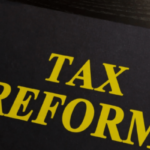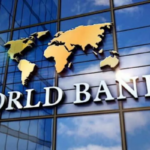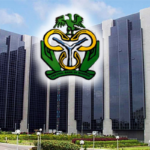Stakeholders in Nigeria’s Micro, Small, and Medium Enterprises (MSMEs) sector are expressing cautious optimism for 2025, driven by anticipated government policies and economic reforms. While there is hope for improvement, challenges remain.
Government policies
The National Association of Small and Medium-scale Enterprises (NASME) has noted that many MSMEs expect positive impacts from government initiatives. The Nigeria Tax Reforms Bill, which exempts businesses with turnovers below N50 million from taxes, is seen as a significant relief. Additionally, the N200 billion Presidential Intervention Fund aims to provide accessible financing to small businesses at low interest rates. These measures are expected to ease financial constraints and support business growth.
Economic indicators
A slight improvement in the Purchasing Managers Index (PMI) in December 2024 marked a shift, rising above the neutral mark for the first time in six months. This suggests a marginal recovery in production and spending. Stakeholders welcome this development but remain aware of underlying economic pressures, including inflation and operational costs.
Read also: Lagos introduces tax reforms to support SMEs in 2025
Resilience amid challenges
MSME operators are facing high inflation and increased costs of energy and logistics. Despite these pressures, many businesses are adapting to market conditions and maintaining operations. This resilience supports optimism for 2025, even as challenges persist.
Public-private partnerships
Stronger collaboration between the government and private sector is seen as essential for economic growth. Stakeholders believe that sustained policy reforms and infrastructure improvements will create a more conducive environment for business operations. These partnerships could enhance access to resources and facilitate long-term growth.
Cautious perspectives
Despite optimism, industry leaders remain cautious. Low consumer purchasing power and high business costs continue to pose challenges. Eke Ubiji, Director-General of NASME, has highlighted that while projections indicate positive trends, many small businesses struggle with affordability and market access.
The outlook for MSMEs in Nigeria in 2025 reflects a mix of optimism and caution. Government policies and economic indicators offer some encouragement, but ongoing challenges require continued adaptation. The resilience of business operators will play a key role in navigating these complexities. Sustained government support and effective partnerships will be crucial in shaping a more favourable business environment.








